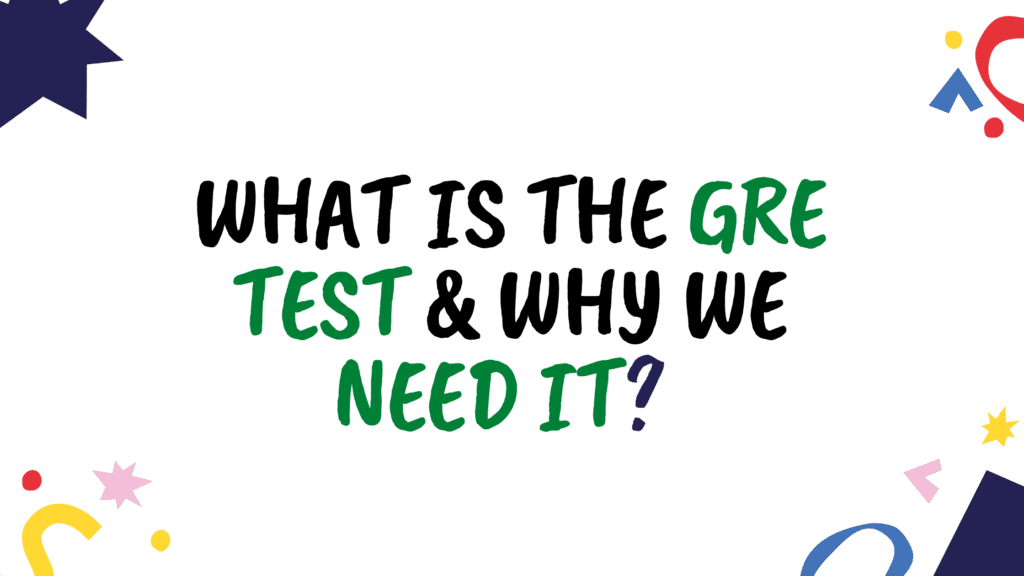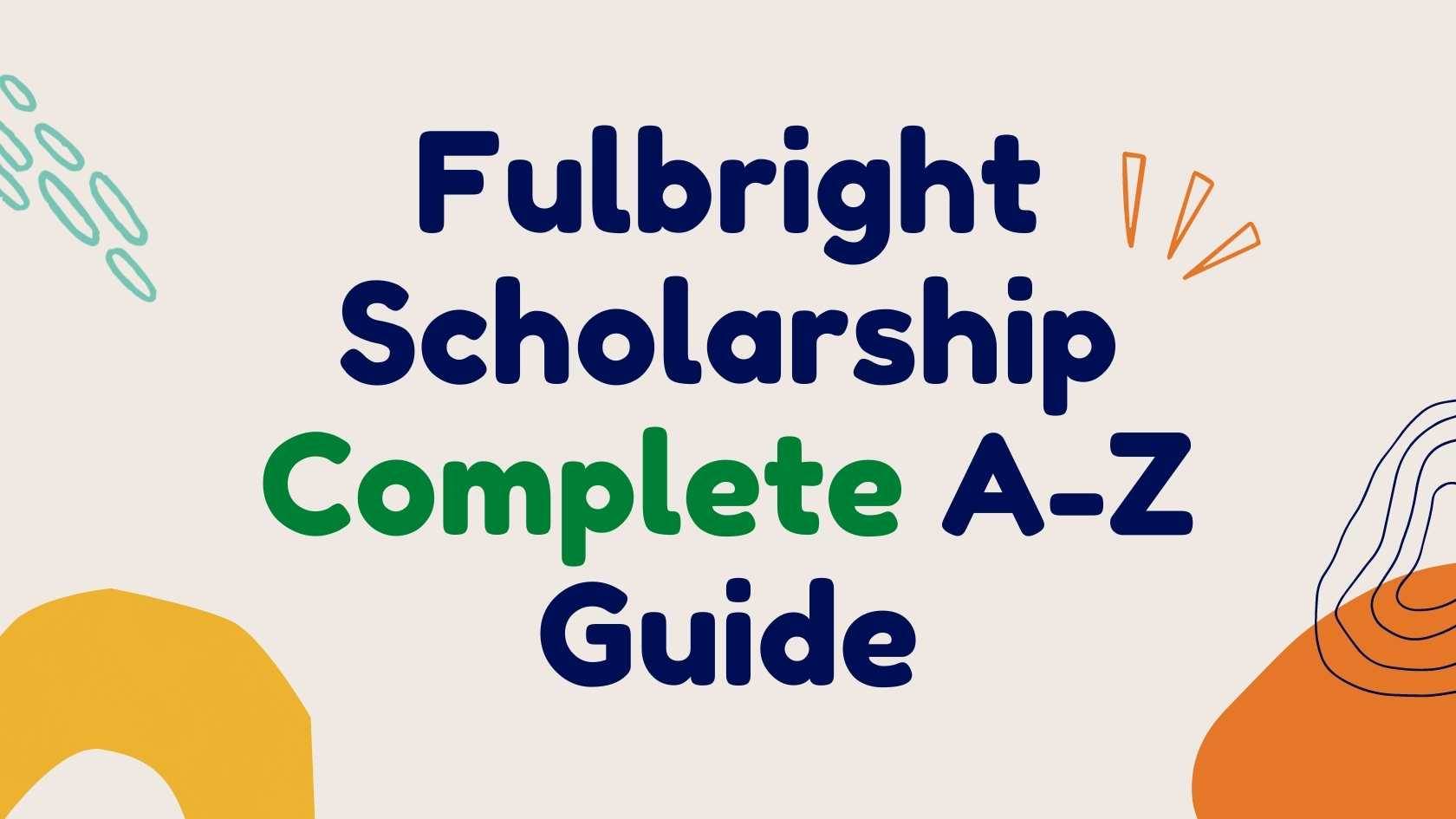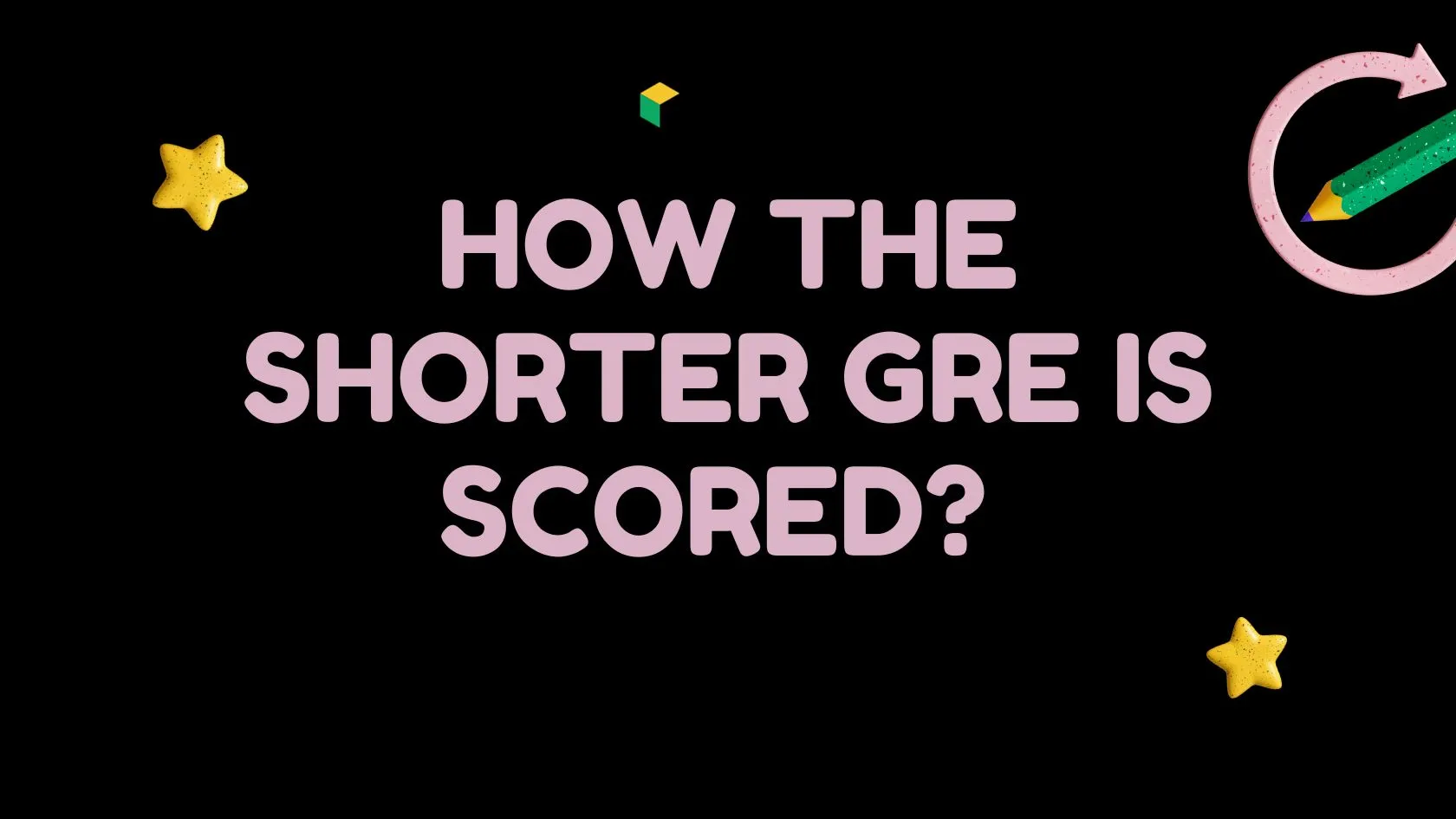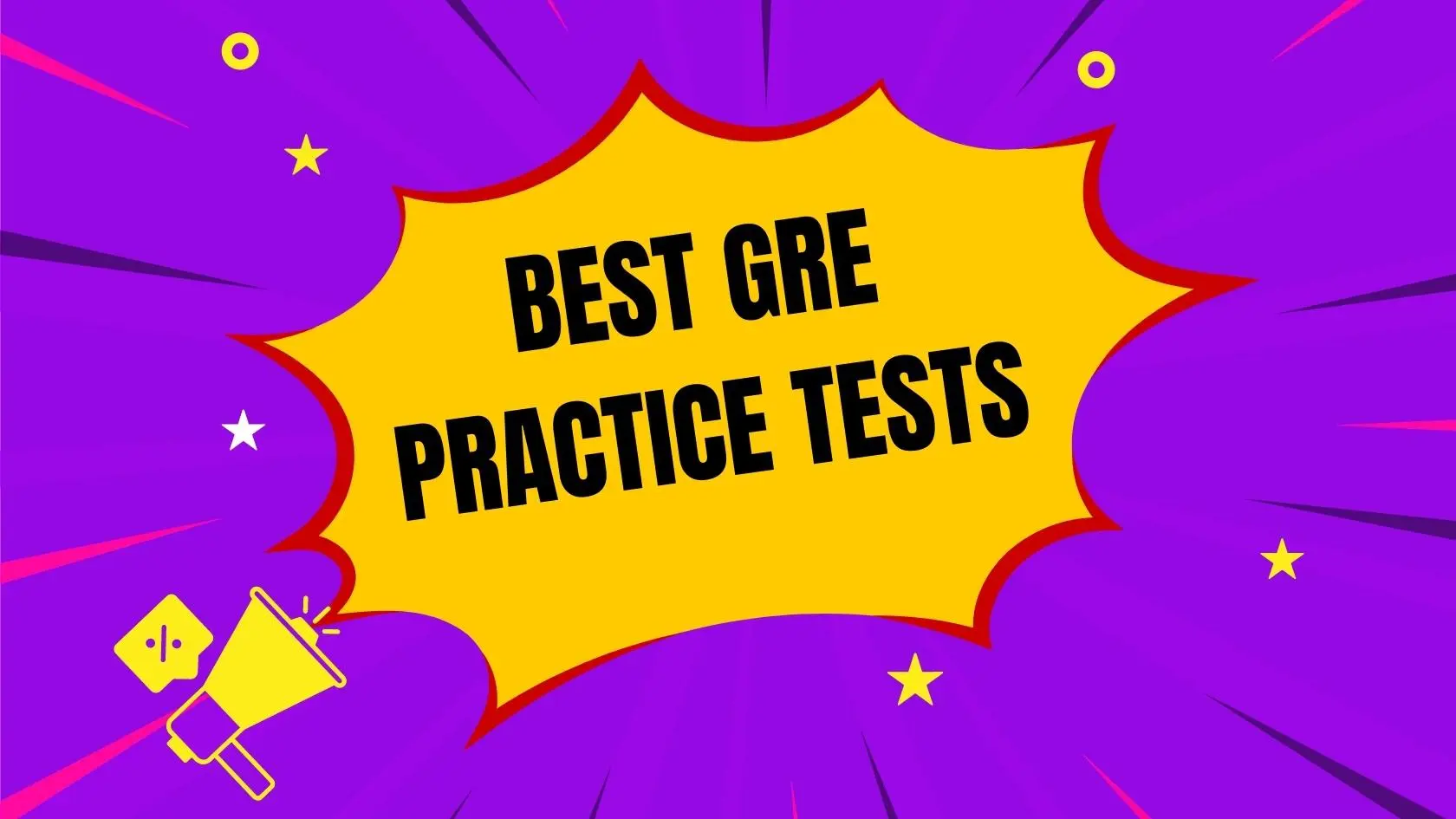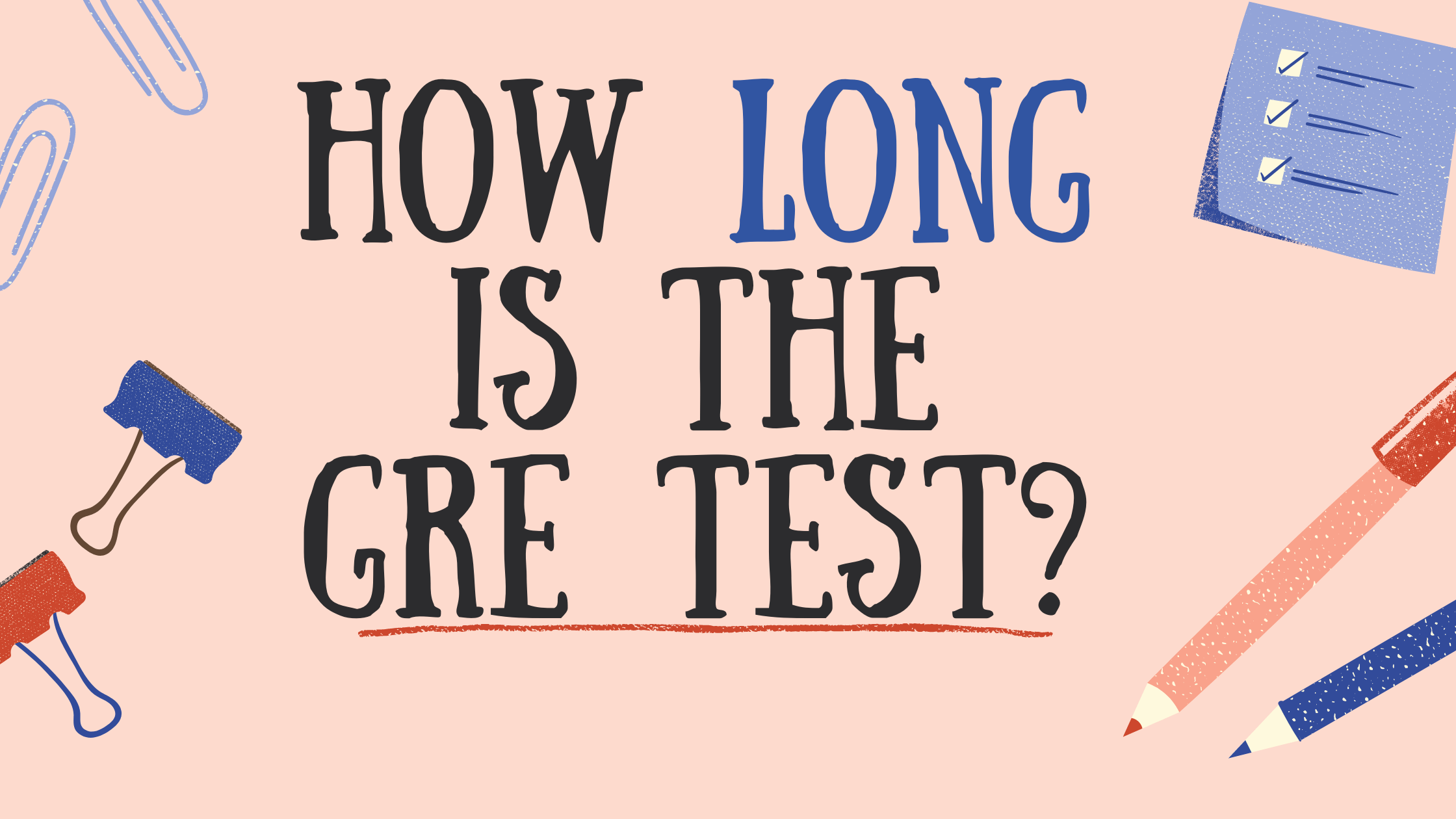GRE is a standardized English and Maths test that is used as a requirement for Masters and PhD admissions across the globe in countries such as the USA, Canada, Australia, Germany, the UK, and Pakistan, etc. in various programs, as well as for certain prestigious scholarships, such as the Fulbright.
In this article, we are going to tell you what comprises the GRE test, why you need it, and where you can find study guides and useful resources in your preparation.
WHAT IS THE GRE?
So the GRE test helps admission committees judge students based on a standardized scale. The test comprises Verbal Reasoning (English) and Quantitative Reasoning (Maths) sections, as well as an Analytical Writing section. The syllabus of the exam is pretty basic–consisting of high school concepts.
Furthermore, Master’s and PhD students have to go through a lot of research which requires strong reading skills and basic math and logical skills. Thus, GRE is considered a prerequisite for the programs.
WHY DO YOU NEED IT?
So, students from various countries apply for Master’s and PhD programs. The assessment instruments, CGPAs, and other skills vary a lot from country to country. Thus, GRE is taken as a standard benchmark of verbal and quantitative skills that puts all the applicants on largely the same forefront.
It basically helps the admissions committee gauge how good a student is to undertake graduate study, and how serious the individual is about their plans to pursue a graduate program. Because getting good scores in the GRE test requires effort and commitment, a good GRE Test score demonstrates that the student is dedicated and hardworking.
Moreover, it is a requirement in some countries for their visa interviews. The visa officer checks if the student is genuinely entering the USA for their education, or is interested in some other purpose.
Certain programs, such as MFA Creative Writing, consider the GRE as optional. This means that good GRE test scores can help you get an edge over other candidates when applying for partial or full scholarships, fellowships, or teaching jobs. Similarly, GRE can be used to supplement your profile. Let’s say you have a 2.4 CGPA in your undergraduate, but a terrific GRE score, say, 320+, would reflect well on you!
Consider the Fulbright scholarship, both your GRE + CGPA combined, has the highest weightage in the selection process. And we have even seen individuals with low CGPA around 2.2 availing the Fulbright scholarship given their terrific GRE score of 330+.
Furthermore, high GRE scores can set you apart as an applicant and push you further towards your dream scholarship.. We have seen examples of individuals with low CGPA such as 2.5 availing a partial scholarship and another with 2.67 CGPA availing full MBA scholarship in the US, because their GRE scores were exceptional.
How Good GRE score can make your dreams come true:
Over the course of our careers, we have seen many students getting full scholarships just by improving their GRE scores.
Let’s consider the following real cases below (real names have been redacted for privacy):
- Student A: CS Major: student applied to a few programs in the US and Germany and got rejected from all the universities he applied to due to low GPA and less than 300 GRE score. After working hard and improving his score by 28 points, he got a score of 318, and received a scholarship from the USA.
- Student B: EE Major: In his first attempt, he got a score of 305 in the GRE after studying at a local academy. He retook it and scored 322 to receive a full scholarship in the EE PhD Program.
- Student C: Maths Major: Her English was weak. She has a gold medal in Maths. She had a good GPA but her GRE score was below 280. She applied to various universities and got rejected. The next year, she worked hard and improved her GRE score by 25+ points to 308. As a result, she availed full Ph.D scholarship in a Maths program.
- Student D: Business Major: In her first casual attempt, she scored 294. She was a Business major and was applying for a PhD. She got rejected even though she had a gold medal in her bachelor’s and master’s programs. She retook the GRE, improved it by 35 points to 329, and got accepted in one of the top business schools for a PhD scholarship.
- Student E: English Major: In her first attempt, she scored around 280, and was rejected by all universities for full scholarship. She retook the GRE and scored 303, and received full PhD scholarship offers from 4 universities in the English program.
ONLINE GUIDES AND RESOURCES
The internet is packed with guides, tips, and resources pertaining to the GRE. However, not all that glitters is gold. Begin your information about the exam format through the official ETS GRE website. Moreover, for guidance on how to prepare for the test, brush up on your skills, manage test time, and more, check our blog for all useful information.
First-step is to conduct a diagnostic test. This will help you understand where you lie, what your strengths are, and where you need improvements. You may find a FREE diagnostic test from the official ETS GRE website.
Next, how to start studying for it? On the internet, you may find (rather expensive) crash courses that are 1-month, 2-months, or 3-months long. These are standardized crash courses that do not necessarily cater to your specific needs.
Each individual is different, and so their needs, strengths, and weaknesses are also different. Therefore, there is no “one formula” for everyone. This is why our philosophy is to curate studying plans for each specific individual. If you do not know where to begin, you may book FREE guidance, one-on-one sessions with ScholarDen mentors. These mentors are especially trained to give individualized and customized study plans and tips to take the GRE test.
Once you have sufficient guidance from a senior or a mentor, sift through the resources to find the ones that suit you best. Don’t focus on finishing all different GRE preparation books, but use your time wisely–brushing up on your concepts and practicing mock tests.
If you want to learn more about step-by-step GRE preparation, read Scholarden’s article GRE Step by Step Guide. Moreover, if you want help with making your own study plan, read this article How to make a GRE Study Plan to have a better understanding on how to do it.

